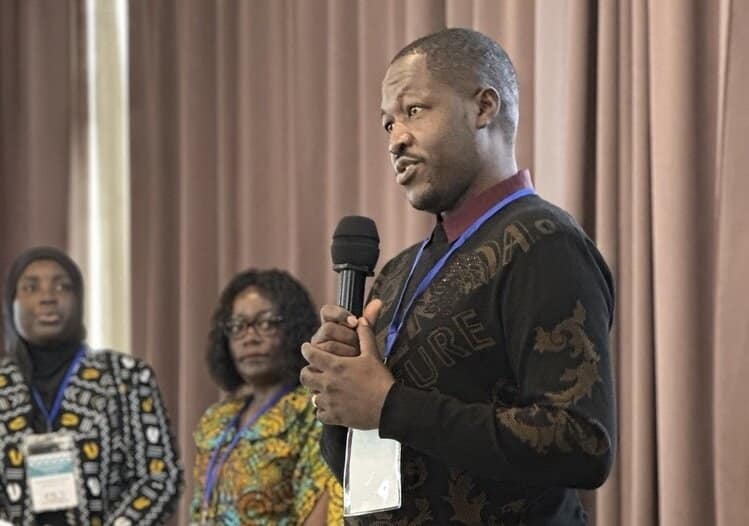The Johns Hopkins Center for Communication Programs has been chosen to assist the World Bank and the government of Tamil Nadu in India to help reduce the growing burden of non-communicable diseases (NCDs) in the state.
As states like Tamil Nadu (population 76 million) have become more urbanized, NCDs such as cardiovascular disease, respiratory diseases, diabetes, cancers and mental health challenges, have overtaken diarrheal diseases and other infections associated with poverty as the leading causes of illness and death. According to a World Bank report, the percentage of deaths due to NCDs in India increased from 37.9 percent in 1990 to nearly 70 percent in 2016.
“The disease burden has shifted,” says Uttara Bharath Kumar, CCP’s senior technical advisor for social and behavior change, who will lead the work in Tamil Nadu. “We have to shift mindsets as well. We have to ask ourselves how can we address the burden of NCDs by addressing their underlying behavioral drivers such as lifestyle (exercise, diet, stress), sedentary jobs or smoking. There are likely also gender, social and structural determinants to these challenges and those need to be explored before any interventions are designed.”
CCP will provide technical assistance to the Bank as it conducts a literature review and formative research through focus groups and in-depth interviews, creating a road map to address prevention and care-seeking behaviors through social and behavior change, says CCP’s Radha Rajan, a senior researcher.
One critical component of the 18-month project, for which CCP was awarded $412,000, focuses on mental health, including stigma and self-harm behaviors that have made suicide the second-leading cause of death (after heart disease) in Tamil Nadu for all ages and the leading cause of death among people ages 13-39.
“We will bring in our global expertise to help the Bank support the Tamil Nadu government in developing a strategy and in training of people who work at the district level to ensure they understand how they can best help their communities to live healthier lives with a reduced burden of NCDs,” Bharath Kumar says.
People in Tamil Nadu, the most urbanized state in India, are getting diabetes at younger ages than before and Bharath Kumar says that these can be addressed through helping shape positive diet and lifestyle choices at the behavior formation stage.
“If you catch people before they form the behaviors, there’s a better chance to dissuade them from taking it up, especially with smoking, stress, diet and care-seeking behaviors” she says.
The Center for Communication and Change – India (CCC-I), a CCP sister organization, will work alongside CCP on the project.




